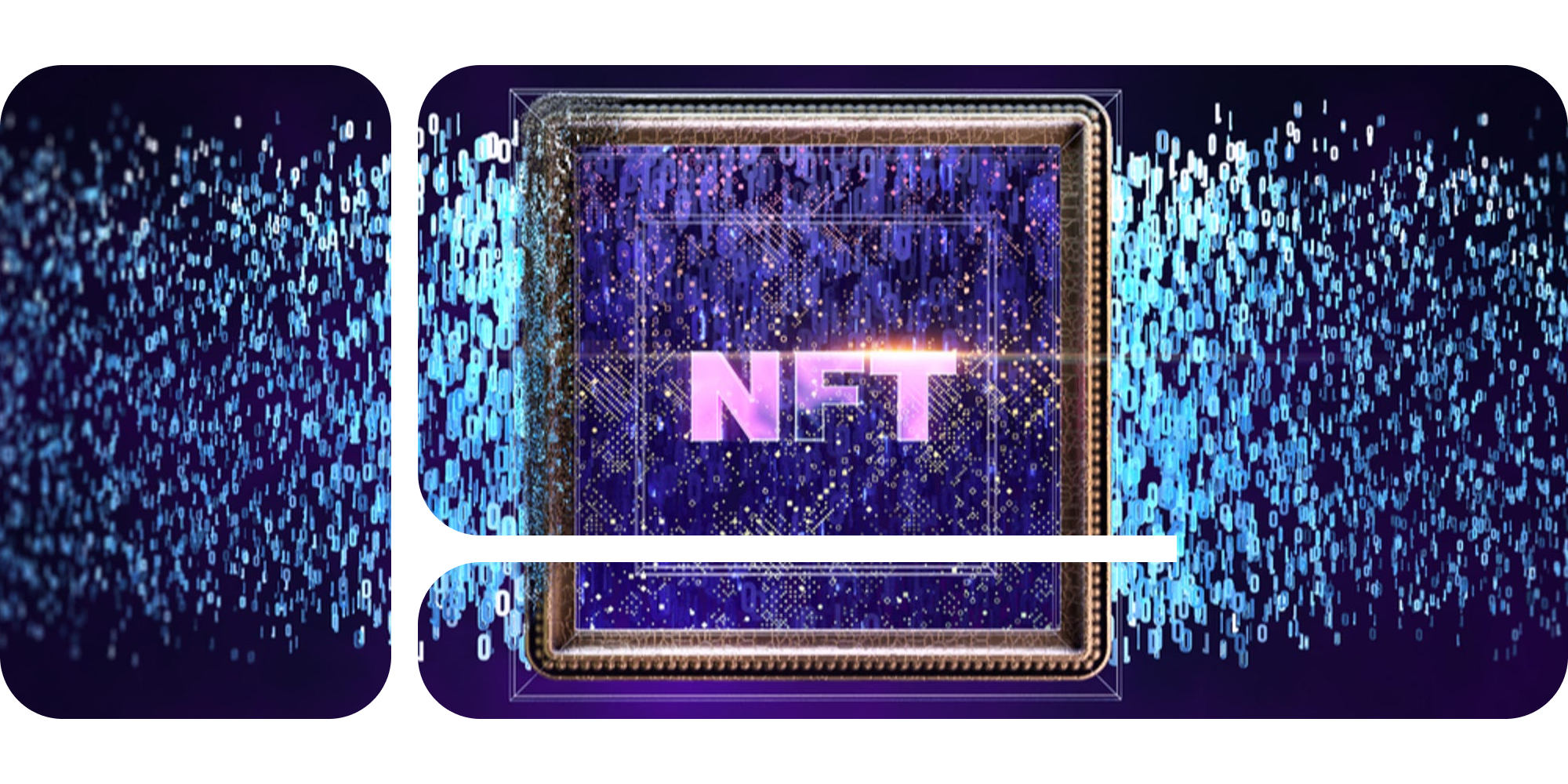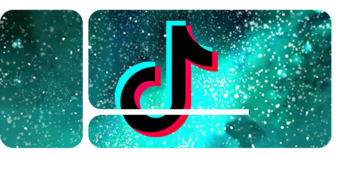Industry Groove – Week 8

Correct me if I’m wrong, but I can’t shake the feeling that music NFTs still haven’t really taken off. Sure, if you read the relevant newsletters, you get the impression that the revolution is just around the corner. But without those rose-colored glasses? I still see the moment when NFTs go mainstream as being far off.
The fact that music NFTs now seem to be losing one of their biggest advantages will not exactly help more artists start their first attempts. If an artist sold a CD, vinyl, or hoodie and that product increased significantly in value over time, the artist did not benefit from a resale. This problem should have been addressed by NFTs, with creators also earning from subsequent resales. Now it seems that this massive advantage has been quietly buried. Perhaps this was another nail in the coffin of NFTs’ mass appeal.
On the other hand, Spotify has a lot of innovations to boast about this week.
Will Spotify soon roll out the Discovery Feed?
- For over a year now, Spotify has been testing a vertical Discovery Feed, influenced by TikTok and designed to appeal to Gen Z users.
- Now, there are indications that Spotify will present the feed as a new feature at the StreamOn event on March 8th.
- With the Discovery Feed, users will be able to swipe through recommendations that will automatically begin playing. In addition to Canvas, there may also be podcasts and audiobooks.
- Will the StreamOn event also present price increases and information about better sound quality? It would be about time, since it has been two years since Spotify promised its users better audio quality. If there is no new announcement at this StreamOn event, then maybe never.
Spotify launches AI-DJ with OpenAI
- Just before the StreamOn event, Spotify surprised everyone with the launch of AI-DJ, a collaboration with OpenAI, the company behind ChatGPT.
- This provides users with not only a curated selection of songs tailored to each individual, but also comments on the songs, just like a live on-air radio DJ. Check out this video if you’re still not sure what to expect.
- While OpenAI provides the technology, Spotify emphasizes that their editors have an important influence on the facts that the comments are based on.
- Is this the first step towards revolutionizing the way we stream music? Or will it remain just a fun gimmick? We’ll soon find out.
- Speaking of gimmicks, just before I was about to send out the newsletter, news came in that Spotify is working with various NFT collections. There will be playlists that are exclusively accessible to owners of certain NFTs. The ability to make playlists accessible only to certain groups has potential with or without NFTs.
- By the way, if you want to try out the AI-DJ right now, I’m afraid I might have to disappoint you. It’s currently only available for premium users in the United States and Canada.
Is one of the biggest advantages of NFTs being abandoned?
- No matter which article you read about NFTs, one of the big advantages was always highlighted – that artists earn again on resale. Unfortunately, this is no longer really the case.
- In a previous newsletter, I hinted that many NFT platforms do not offer royalties to creators on resale.
- Now, OpenSea, one of the biggest players, has also caved in and will be lowering the shares for creators in the future.
- Why this is not a smart idea is explained by Chevy from the highly recommended Web3 Daily Newsletter on Twitter.
Meta sells blue verification badge
- After Twitter offered its verification badge for sale with moderate success, Meta now wants to use it as a new source of revenue.
- Mark announced from his Zuckerberg throne the launch of Meta Verified, which allows users to purchase the blue verification badge on Facebook and Instagram.
- The fun costs $11.99 per month on the web and $14.99 monthly on mobile. The subscription is designed to increase visibility and reach, as well as provide more direct access to customer service. Additionally, exclusive stickers for stories and reels are available, as well as 100 free stars per month, which is the digital currency used to tip creators.
- Users in Australia and New Zealand can already take advantage of this offer, and more markets are expected to follow soon.
- Whether subscriptions are the future for social media platforms is discussed in this MIDiA article.
TikTok: 150 Million users in Europe
- TikTok announced that they have a total of 150 million monthly users in Europe. They last communicated this number in September 2020 when they had 100 million. Since then, they have gained an average of 1.7 million new users per month.
- Overall, over 5,000 people work for TikTok in Europe, specifically in the 10 countries of Belgium, Germany, France, Ireland, Italy, the Netherlands, Poland, Sweden, Spain, and the UK.
- Why did TikTok release this number at all? They are required to do so under the Digital Services Act.
- Therefore, not only they, but also their competitors, announced their monthly active users. Facebook has 255 million, Instagram has 250 million MAUs, Twitter has 100.9 million, Snapchat has 96.8 million, and YouTube has 401.7 million logged-in MAUs, which increases to over 500 million when counting those who are not logged in.
Bonus Reads
- So far, it has been reported everywhere, including by myself, that TikTok’s SoundOn works with TuneCore as its distribution partner. That WAS correct, but since September last year, the new partner is actually FUGA, which is based in Amsterdam.
- Earlier in this article, there were detailed figures on social media users in Europe, and now here’s another one from Snapchat. They have 750 million monthly active users worldwide, including 150 million in North America. For comparison: Instagram has over 2 billion MAUs, TikTok reached the billion mark in September 2021 and has not posted an update since then, but estimates suggest that there are around 1.8 billion MAUs worldwide.
- Is AI music a threat to musicians or should they use artificial intelligence to their advantage? This article by Vice shows that it’s complicated. The author manages to neither appear too tech-optimistic nor too future-averse, and somehow finds a hopeful approach.
- It’s been almost a year since Epic Games acquired Bandcamp, and in an article we discussed what this could mean for musicians. Since then, it’s been relatively quiet, and you wouldn’t have noticed that Bandcamp has a new owner. Now, the first collaboration that is visible to outsiders is happening, as Bandcamp curates the Fortnite in-game radio station “Radio Underground”.











